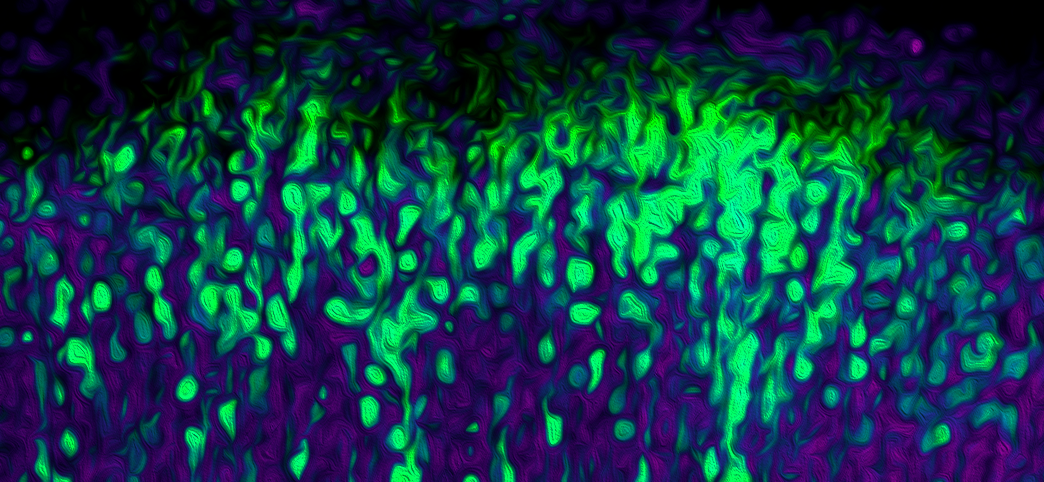
m6A RNA methylation and epigenetic regulations in inflammatory responses
m6A RNA methylation has a novel role in determining chromatin accessibility and gene expression. We are interested in how the RNA modifications establish, maintain, and spread the histone modifications domains in response to the environmental and genetic cues. We have identified the signal cascades connecting to m6A methylase activity for the modulation of RNA methylation levels. We currently study the role of RNA methylation underpinning inflammatory memory in microglia. Maladaptive Inflammation can lead to chronic inflammation disorder and neurodegenerative diseases (e.g., Alzheimer’s disease), making interrogation of the interactions between RNA methylation and epigenetic regulations important.
Gene-environment interaction (G x E) in neurological disorders
Development and function of the brain largely depends on the gene expression program in neural cell types. Perturbations of these processes due genetic or environmental factors increase the susceptibility to a wide range of human diseases, directly impacting public health and life quality. We are particularly interested in environmental risk factors and the underlying gene-environment (G x E) interactions that have profound effects on neuroplasticity and neuroinflammatory processes.
We have performed a series of epigenetic profiling and identified the genomic regulatory elements responsive to several environmental risk factors in neurons and microglia. Our work indicates that certain environmental substances alter the epigenetic landscape and can skew microglia to the inflammatory state with phagocytic exhaustion characteristics. We are currently investigating which and how dysregulated transcriptional program in microglia is linked to neurodegenerative diseases.
RNA methylation and regenerative responses
RNA modifications, such as m6A, m1A, inosine (I), m5C, and pseudouridine (Ψ) are widely distributed within the transcriptome, but their roles in neuronal function are largely unknown. We explore the scope and mechanisms underlying dynamic RNA epigenetic regulation in the adult nervous system that could be exploited therapeutically for neural repair and neurological disorders.
We are interested in understating how the transcriptome is differentially compartmentalized in subcellular domains (soma vs. neurite). We are systematically assessing the potency of modified messenger RNA (modRNA) that can localize in axons and promote neuroregeneration.
